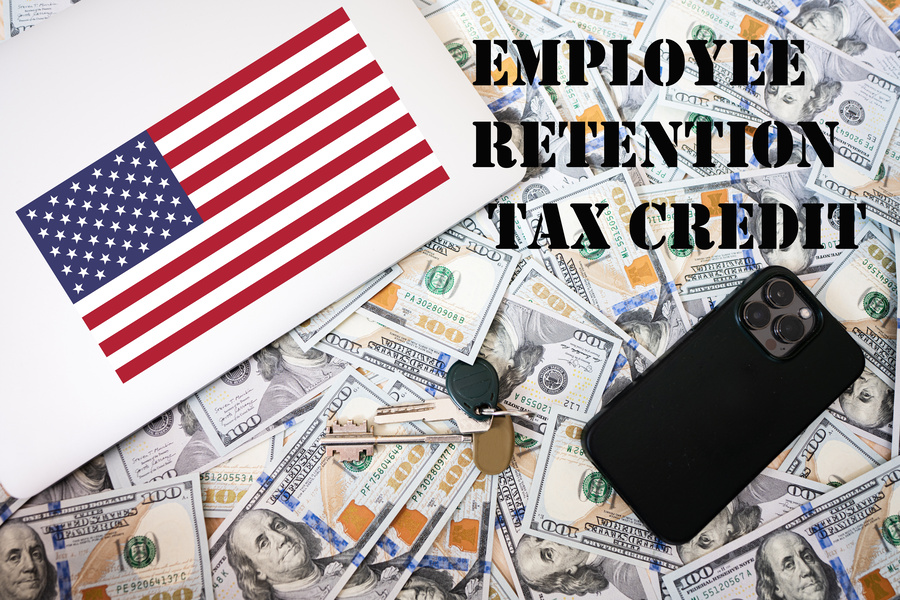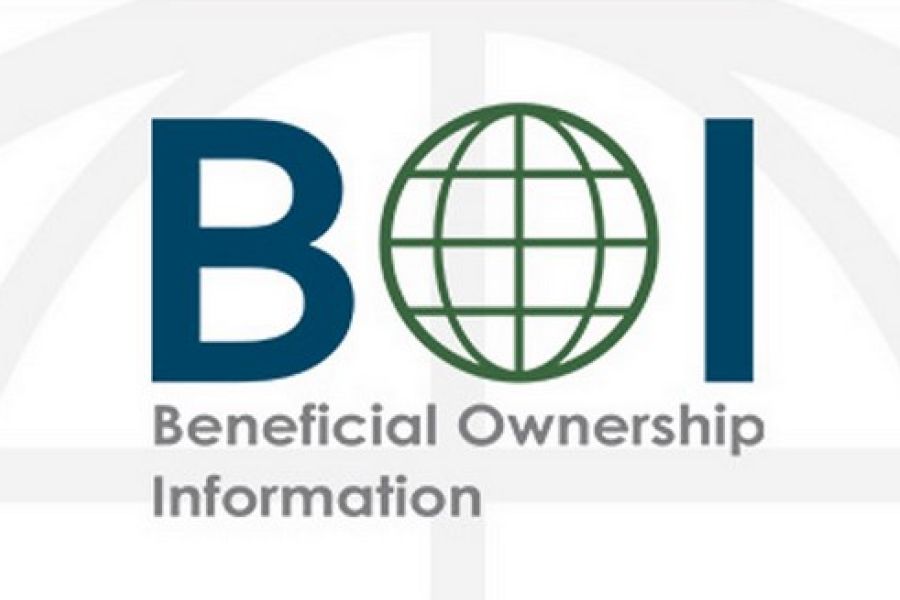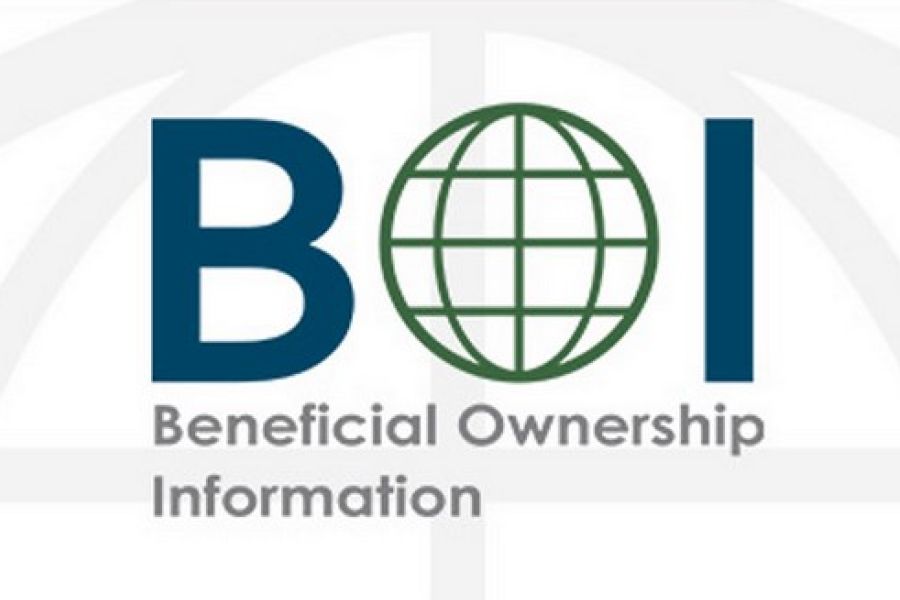On March 21, 2025, the IRS released updated FAQs and guidance that introduce a new process for taxpayers dealing with Employee Retention Tax Credit (ERTC) refunds, particularly when those refunds relate to wages paid in prior tax years like 2020 or 2021. This update aims to simplify reporting requirements and provide clarity for taxpayers who either received ERTC refunds or had their claims disallowed. Here’s a breakdown of what this means for you and how to handle your tax filings moving forward. . Background on ERTC and Wage Expenses The Employee Retention Credit, introduced as part of COVID-19 relief measures, allowed eligible businesses to claim a credit for qualified wages paid to employees. However, claiming the ERTC comes with a catch: taxpayers are generally required to reduce their...

If an individual taxpayer has substantial business losses, unfavorable federal income tax rules can potentially come into play. Here’s what you need to know as you assess your 2024 tax situation. Disallowance rule The tax rules can get complicated if your business or rental activity throws off a tax loss — and many do during the early years. First, the passive activity loss (PAL) rules may apply if you aren’t very involved in the business or if it’s a rental activity. The PAL rules generally only allow you to deduct passive losses to the extent you have passive income from other sources. However, you can deduct passive losses that have been disallowed in previous years (called suspended PALs) when you sell the activity or property that produced...
Businesses in certain industries employ service workers who receive tips as a large part of their compensation. These businesses include restaurants, hotels and salons. Compliance with federal and state tax regulations is vital if your business has employees who receive tips. Are tips becoming tax-free? During the campaign, President Trump promised to end taxes on tips. While the proposal created buzz among employees and some business owners, no legislation eliminating taxes on tips has been yet passed. For now, employers should continue to follow the existing IRS rules until the law changes — if it does. Unless legal changes are enacted, the status quo remains in effect. With that in mind, here are answers to questions about the current rules. How are tips defined? Tips are optional and can be...
A variety of tax-related limits that affect businesses are indexed annually based on inflation. Many have increased for 2025, but with inflation cooling, the increases aren’t as great as they have been in the last few years. Here are some amounts that may affect you and your business. . 2025 deductions as compared with 2024 Section 179 expensing: Limit: $1.25 million (up from $1.22 million) Phaseout: $3.13 million (up from $3.05 million) Sec. 179 expensing limit for certain heavy vehicles: $31,300 (up from $30,500) Standard mileage rate for business driving: 70 cents per mile (up from 67 cents) Income-based phaseouts for certain limits on the Sec. 199A qualified business income deduction begin at: Married filing jointly: $394,600 (up from $383,900) Other filers: $197,300 (up from $191,950) . Retirement plans in...
The nationwide price of gas is slightly higher than it was a year ago and the 2025 optional standard mileage rate used to calculate the deductible cost of operating an automobile for business has also gone up. The IRS recently announced that the 2025 cents-per-mile rate for the business use of a car, van, pickup or panel truck is 70 cents. In 2024, the business cents-per-mile rate was 67 cents per mile. This rate applies to gasoline and diesel-powered vehicles as well as electric and hybrid-electric vehicles. The process of calculating rates The 3-cent increase from the 2024 rate goes along with the recent price of gas. On January 17, 2025, the national average price of a gallon of regular gas was $3.11, compared with $3.08 a year earlier, according...
New and used “heavy” SUVs, pickups and vans placed in service in 2025 are potentially eligible for big first-year depreciation write-offs. One requirement is you must use the vehicle more than 50% for business. If your business usage is between 51% and 99%, you may be able to deduct that percentage of the cost in the first year. The write-off will reduce your federal income tax bill and your self-employment tax bill, if applicable. You might get a state tax income deduction too. Setting up a business office in your home for this year can also help you collect tax savings. Here’s what you need to know about the benefits of combining these two tax breaks. First, buy a suitably heavy vehicle The generous first-year depreciation deal is...
As posted to US Department of Treasury website on 3/2/25 The Treasury Department announced on 3/2/25 that, with respect to the Corporate Transparency Act, not only will it not enforce any penalties or fines associated with the beneficial ownership information reporting rule under the existing regulatory deadlines, but it will further not enforce any penalties or fines against U.S. citizens or domestic reporting companies or their beneficial owners after the forthcoming rule changes take effect either. The Treasury Department will further be issuing a proposed rulemaking that will narrow the scope of the rule to foreign reporting companies only. Treasury takes this step in the interest of supporting hard-working American taxpayers and small businesses and ensuring that the rule is appropriately tailored to advance the public...
When selling business assets, understanding the tax implications is crucial. One area to focus on is Section 1231 of the Internal Revenue Code, which governs the treatment of gains and losses from the sale or exchange of certain business property. Business gain and loss tax basics The federal income tax character of gains and losses from selling business assets can fall into three categories: Capital gains and losses. These result from selling capital assets which are generally defined as property other than 1) inventory and property primarily held for sale to customers, 2) business receivables, 3) real and depreciable business property including rental real estate, and 4) certain intangible assets such as copyrights, musical works and art works created by the taxpayer. Operating businesses typically don’t own capital assets, but they...
According to the U.S. Bureau of Labor Statistics, the unemployment rate continues to be historically low, ranging from 4.0% to 4.3% from May to November of 2024. With today’s hiring challenges, business owners should be aware that the Work Opportunity Tax Credit (WOTC) is available to employers that hire workers from targeted groups who face significant barriers to employment. The tax credit is generally worth as much as $2,400 for each eligible employee (higher for certain veterans and “long-term family assistance recipients”). It’s generally limited to eligible employees who begin working for the employer before January 1, 2026. To satisfy a requirement of the WOTC, a pre-screening notice must be completed by the job applicant and the employer on or before the day a job offer...
In a major development for U.S. businesses, the Financial Crimes Enforcement Network (FinCEN) has announced the reinstatement of the beneficial ownership information (BOI) reporting mandate under the Corporate Transparency Act (CTA). The decision comes on the heels of a February 18, 2025, ruling by the U.S. District Court for the Eastern District of Texas, which lifted a preliminary injunction in the case of Smith, et al. v. U.S. Department of the Treasury, et al. (Case No. 6:24-cv-00336). With this ruling, the filing requirement is back in effect, and a new deadline of March 21, 2025, has been set for most reporting companies. This announcement, detailed in FinCEN Notice FIN-2025-CTA1, marks a significant shift after months of legal uncertainty surrounding the CTA’s BOI requirements. The reinstated mandate...











